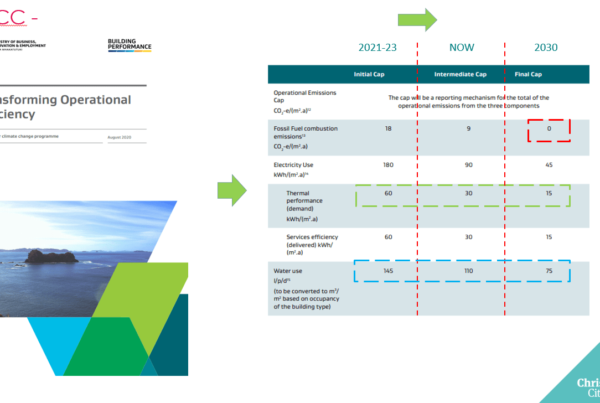Why A Building Contract Should Be At Least 50 Pages!
Building a home is a complete process, requiring interaction with Government authorities, local councils, lawyers, financial institutions and suppliers, along with the client and the builder.
A fully compliant contract will detail all the interactions and responsibilities of both the client and the builder.
Expect a detailed contract package to be at least 40-50 pages, anything less than that and it pays to check what has been left out. Sometimes our contracts are well over 100 pages once the detailed plans, specifications and additional documents referred to, are all included. The homeowner and builder initial each one of those pages to ensure all details related to the build and the contract conditions are agreed upon and understood before work begins.

There are obvious items a contract will include, such as the parties, the cost, the payment terms and what work is to be completed under the contract.
However, there are other very important areas that a contract should include, here are some of the things we recommend you look out for:
- A full description of the work to be completed, including plans, specifications and any other requirements, such as joinery plans, window schedules, agreed allowances etc.
- A clause clearly stating that all work must comply with the NZ building code as well as other standards required by the law. The Building Code is there to ensure major matters such as structural strength, weather tightness and minimum levels of insulation are undertaken to the accepted minimum standards to theoretically provide a safe and warm living environment. Many homes are now being built above the minimum building code and this will be stipulated through the construction method and materials used in its construction.

- The plans and specifications will stipulate the construction method and materials used and these documents should form part of the contract documentation. There should be a section in the signed contract referring to, and detailing, supporting documentation or appendices that form part of the contract, such as plans, specifications, schedules (these should be initialled at the time of contract signing).
- A specification list, unless part of the architect’s plan, is important. Many builders will put PC sums (provisional costings) in to simply get the contract across the line and leave all other items, not detailed in the plans, up to the client once the build has started. This is not ideal for several reasons. How do you know the PC sums are realistic? Has the builder missed the bigger picture by not discussing what sort of home you want, what you are trying to achieve?
Have a look at a set of plans and see what is missing? Things like flooring detail, joinery design, plumbing hardware, heating choices, tiling layout and choices etc etc. If an item is included in the contract through the specification sheet then the builder is obliged to provide that item at the contract price.
- PC sums should be clearly identified, along with the Builders margin to be applied.
PC Sums can be useful where the client does not want to, or cannot, make a decision prior to contract signing. Electrical work is often a PC sum as it is affected by so many variables, and a walk through on site often raises new lighting or furniture placement ideas. However, an electrician should be providing the builder with a quote based upon his inclusions from the house plans, not guesswork.
Often there will be an unknown factor, particularly below ground. In these instances, a PC Sum or allowance is used as the only option. However, we would recommend knowing what this figure is based upon as again an estimate should have been sought from the contractor.
If you are looking at a highly spec’d house your builder should not be using budget items to base his PC sums upon as this will throw out your actual versus provisional costs even though his price may look more tempting.
- Progress Payments should be clearly stated – both the amount, and the due date, which will be either a monthly sum or milestone payments. There should be no confusion on this matter, just clear stages and clear payment conditions so there are no issues for either party.
- Insurances – it needs to be clearly stated and agreed who is responsible for which insurances. Contract works insurance is critical and the sum insured should be more than just the cost of the house and is often itemised. This is put in place upon contract signing but before any work commences.
- Variations – Has the Builder stipulated an agreed builders margin on any variations? Are the variation terms clearly documented? This is important as you don’t want to get part way through your house and you reach a stand still as you disagree on the cost for a change you really want. Variations inevitably create work for the builder and may cause delays, extra administration time and project management which need to be accounted for, but the charges should be clear and transparent, and identified separately as related to the variation. The owner must agree to the cost before the variation can be undertaken.

- Rectification of Defects – Read carefully what is included and the responsibly of both parties.
- Dispute resolution – Make sure you are clear on the pathways available to you. This should be a very detailed section within your contract (1-2 pages on the recourse both parties can take in the event of a dispute). If you are unsure feel free to discuss with your lawyer.

Industry membership organisations such as the New Zealand Certified Builders Association, or the New Zealand Institute of Architects, have building contracts that are a lot more compliant and thorough than many others on the market. Organisations such as these have undertaken lengthy legal checks on its content and its robustness to ensure each party meets their obligations.
The important thing to remember with contracts is that if you are unsure about anything then ask! If you are not happy with your builder’s explanation, or simply want another opinion, you are fully within your rights and encouraged to let your lawyer look over it.
For more on what to look out for when contracting a Builder download our free guide – ‘7 Things You Must Ask Before Signing a Building Contract’ here. It’s packed full of useful information!





